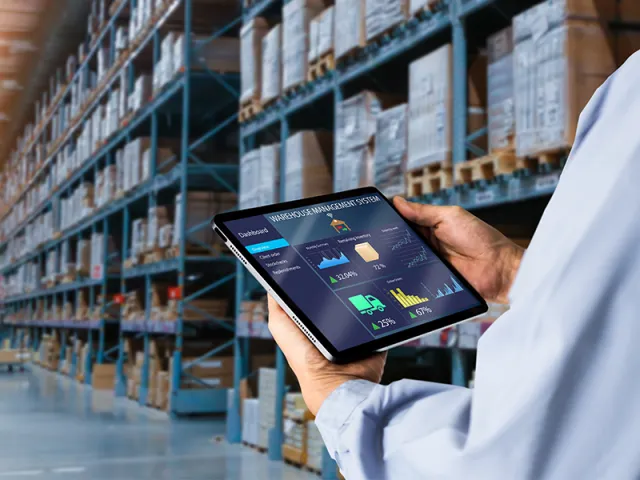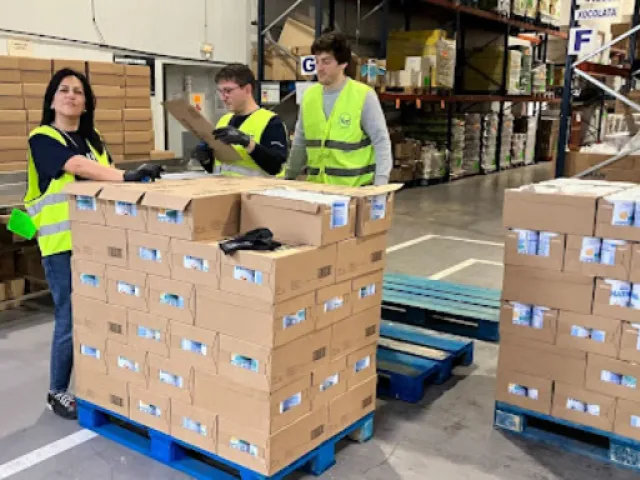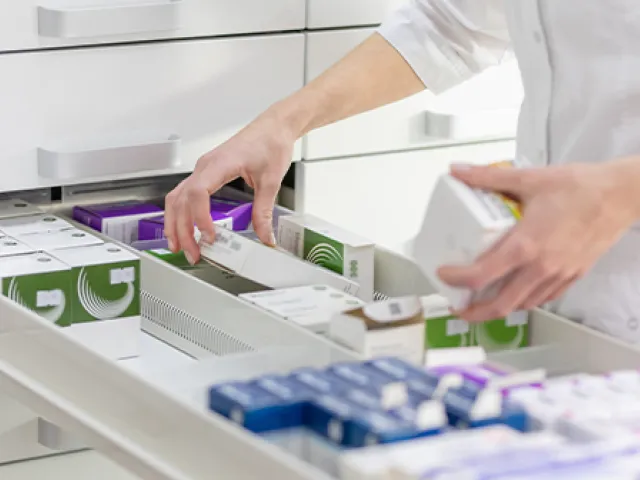868 total articles
Filter

Blog
Digitalizing Life Sciences Logistics: Lessons from Industry Leaders on Ensuring Agility, Resilience, and Patient Safety
View More
Video
Integrate Your Way with End-to-End, Multi-Modal Interoperability for Supply Chain Transactions Across Every Partner
View More
Video
Orchestrating Outcomes: Transforming Pharma Logistics with Digitalization and a Network-Based Supply Chain
View More

Blog
Agentic Orchestration and the Future of Supply Chain Digitalization: 10 Takeaways from TraceLink CEO Shabbir Dahod’s FutureLink Barcelona Keynote
View More
Video
Gain Real-Time, End-to-End Supply Chain Insights with TraceLink OPUS Reports and Dashboards
View More
eBook
AI and Technology in Pharma: Collective Insights from 100 Global Supply Chain Leaders
View More
Video
FutureLink Barcelona 2025 Keynote: Agentic Orchestration of Your End-to-End Supply Chain
View More

OPUS Orchestration Journey
MAH Enables Visibility from Planning to Distribution with E2E Digitalization
View More

Video
Leveraging Better Visibility and Collaboration Across External Manufacturing and Logistics Through Digitalization
View More
Video
Leveraging New Advances in Supply Management, Inventory/Stocking Control, and Shortage Prevention
View More
Video
Learnings in Organizing and Aligning Your Organization to Successfully Launch and Leverage AI Projects
View More

Video
Why End-to-End Value Chain Orchestration Powered by AI Helps Leaders Meet Corporate Goals
View More
Video
Building a Digitalized Supply Chain Control Tower That Orchestrates and Acts, Not Just Observes
View More


Video
Enhanced Supply Planning and Clinical/Commercial Supply Chain Performance on a Digital Platform
View More
Video
Improving Customer Service and Production Planning with Forecast and Order Collaboration
View More


Video
Supply Chain and IT Executive Panel: Agentic AI Supply Chain Impact and its Multi-Enterprise Digital Foundation
View More



Video
Partnering Insights for Driving Track and Trace Success and Creating a Digitalization Foundation for External Manufacturing
View More
Video
Integrating Your Digital Supply Chain with Enterprise Systems (SAP S/4HANA, etc.) and AI to Fuel Processes and People
View More

